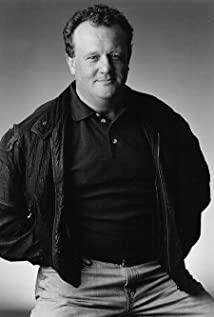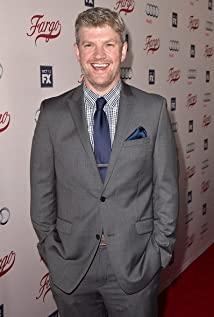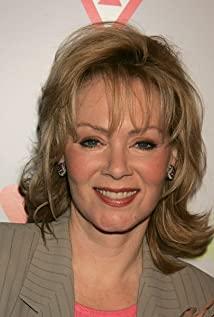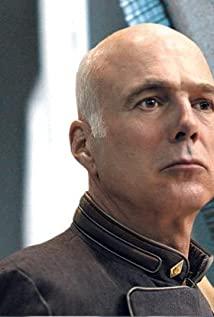After the massacre in episode 9, the plot of episode 10 flattened out, but there was a lot of good stuff. The first few episodes have a tight plot, with a lot of blood violence and a little bit of absurd humor and satire. The last episode's explanation of the endings of several characters has greatly improved the depth of the content. The Gerhardt family ended up in a group annihilation, and it was really a household account book by Han Qi. Dodd's words should be the last straw that broke the camel's back. Hey, racism sucks.
Peggy is the soul of the crazy part of the play. In the first episode, when she saw her driving home in a car with someone hanging on it, she was shocked by how wide her heart was. Later, she really lived up to expectations, she has been working hard to "discover her potential", and she also made Dodd embarrassed, and finally got to the end step by step. The brain circuit embodied by the character Peggy makes me feel that she can only exist in the play. Although her absurd actions seem to be mysterious and cute, if they are really encountered in real life, they must be detours. But after watching her confession in the last episode, I felt a little sympathy for her again. She always advertised finding herself back, but she was very dependent on Eddie, and she even had hallucinations after Eddie died. She was reluctant to cook, clean, and live the same life as other housewives. She wants to do what she wants to do, she wants to be herself. But what to do, how to do it, she never knew. So she could simply attribute her ethereal fantasies to "California," and the fashion magazines became a manual to guide her fantasies. She relies on Ed to live a simple and dull life, but she likes to unreasonably pursue the dream of nothingness. It is difficult to have a goal without a clear way, not to mention that Peggy doesn't even know what he wants, but instinctively rebels against tradition, hoping to find himself by "chicken soup". Even if he hadn't encountered the fool of fate this time, it probably wouldn't be much better.
Butcher really loves Peggy, but like his last words, he's so different from Peggy. His dream is to buy a butcher's shop, have two fat boys, and have a wife and children on the stove. He was almost passive throughout the whole event, and was completely drawn into this absurd event by fate. He made all his efforts to go back to the past, but in the end he was no match for the play of fate and fell halfway.
Milligan has always shown the face of a high-profile killer in the play, and published a domineering king theory after destroying the Gerhardt family by luck. When he was smug about his ambition to show his strength in the "land conquered by men", fate played a big joke on him. Times have changed, and underworld companies need to make money with numbers. He was therefore instructed to take off his western clothes, put down his gun, and walk into the cramped office to sit down. It is too ironic that a person like him who is accustomed to a bloody life wants to be a white-collar worker. The scene of him standing in a cramped office is really classic, the changing times and the irony of fate are really incisive.
The Lu family lived safely to the end of the play. Despite suffering from illness, he still fought stubbornly. Grandpa even wanted to contribute to linguistics. Such a positive and positive lifestyle perfectly fits the American Dream of mainstream values = =.
After chasing the whole movie, I deeply feel the high quality of the second season of Fargo. Good storytelling, great shots (the one in the elevator is really beautiful), and the right amount of humour and satire, satisfied all my appetites. Time to watch the first season
View more about Waiting for Dutch reviews











